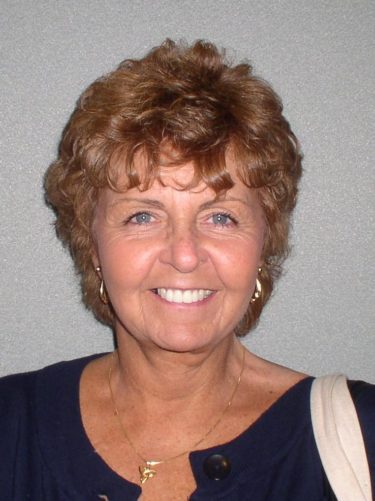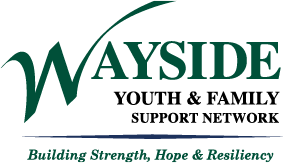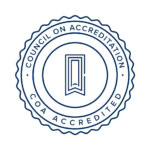MetroWest Daily News – Roche: Support and treatment, not shame, for mental illness

This column originally appeared in the MetroWest Daily News on May 8, 2019 during National Children’s Mental Health Awareness Week.
The most important thing I tell parents of children with a mental health illness who come to me for support is there is nothing to be ashamed of – mental health issues are not the result of bad parenting. I know this, because I lived it.
My son has bipolar disorder. For years I lived with guilt, shame and blamed myself wondering if I had done something to make him want to write on the walls, steal, say and do destructive things.
When I found out he was stealing, I remember thinking, “why is he doing this? He was brought up with values, he knew better.”
I was a good mother. I couldn’t understand, at the time, how a “normal” kid with a lot of friends, who played soccer and baseball, who coaches would recruit to play for their team, could be depressed.
At 14 he was diagnosed with bipolar disorder. This was after two years of medication. The diagnosis brought more confusion to my house than relief. My son had two other siblings who didn’t understand why the rules were different for them and had little patience for his unpredictable behavior.
As a parent, I was struggling to navigate internal family turmoil while also understanding what it meant to have a child with mental illness, how the mental health system worked and what to ask for in terms of help. It was overwhelming. I didn’t know what I didn’t know, and I was scared.
Outside of my home I felt judged as a parent. I worked in the same school district where my son attended school and was ashamed that he would go to school unshowered, not caring about his hygiene or appearance. I continued to feel shame, worrying what people must have thought of me as a mother, of my family, and of my son. I didn’t know where to turn.
Then, one night, crying in the emergency room waiting area while my son was undergoing a psychiatric evaluation, a young woman working at reception called me over and asked me if she could talk to me for a minute. I couldn’t imagine what she wanted to tell me or what she would say next.
“You remind me of my mother,” she said. “I think about the times that my mother was in the ER when I was being evaluated and now, I’m going to college.”
She knew I needed to hear that story – I needed a glimmer of hope and to know my son could get better. I call people like this young woman my guardian angels. There were many along the way who gave me hope in their own special way either by sharing an encouraging story or by simply being kind.
My son is now 34, living in upstate New York and working full time. I no longer worry about him.
Parents of children with mental health issues need angels. We need to start talking about mental health openly and we need to stop being silent because it perpetuates stigma. People can recover and get better with treatment. We don’t have to suffer in silence, alone. We can, and should, talk about mental health the same way we talk about other health conditions like diabetes or cancer.
This week is National Children’s Mental Health Awareness Week. Twenty percent of all youth ages 13-18 have a mental health need and 50 percent of all lifetime mental health needs begin before the age of 14. Based on those statistics, you likely know someone right now with mental health issues. It could be a neighbor, family member your child’s friend, classmate or your own child.
Let’s stop judging each other as parents and people and start talking about mental health. Let’s share stories of hope with each other. Let’s help each other and be a guardian angel for others.
Irene Roche is the Director of Wayside Youth & Family Support Network’s Parent Peer Partnership program where she’s a supportive advocate for parents whose children have mental health issues.

